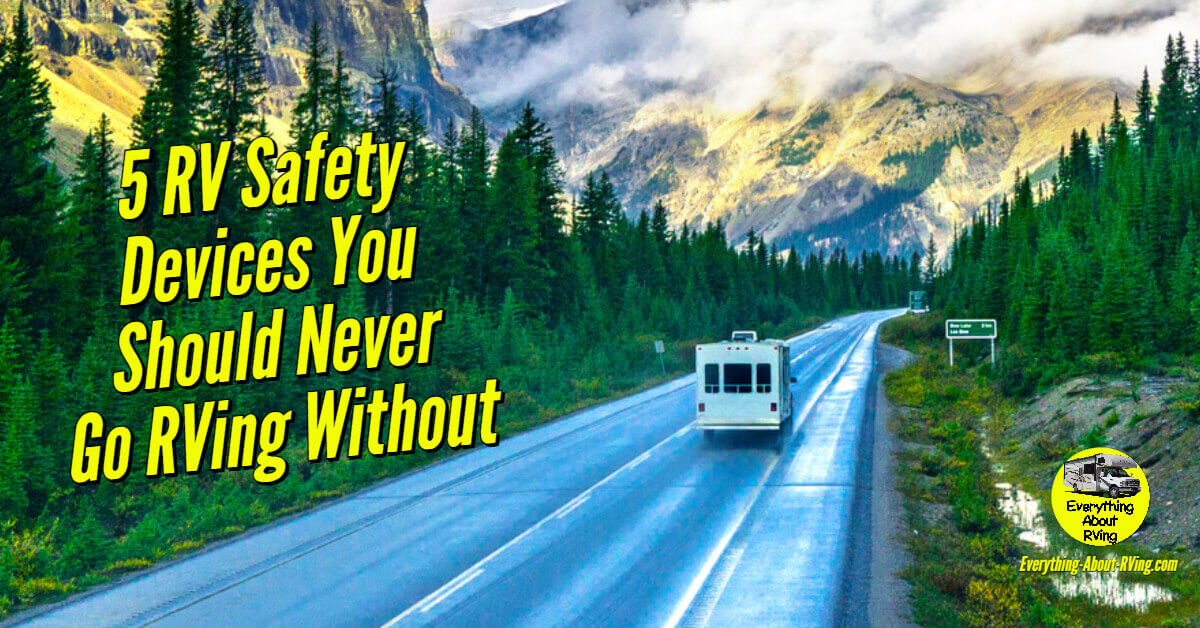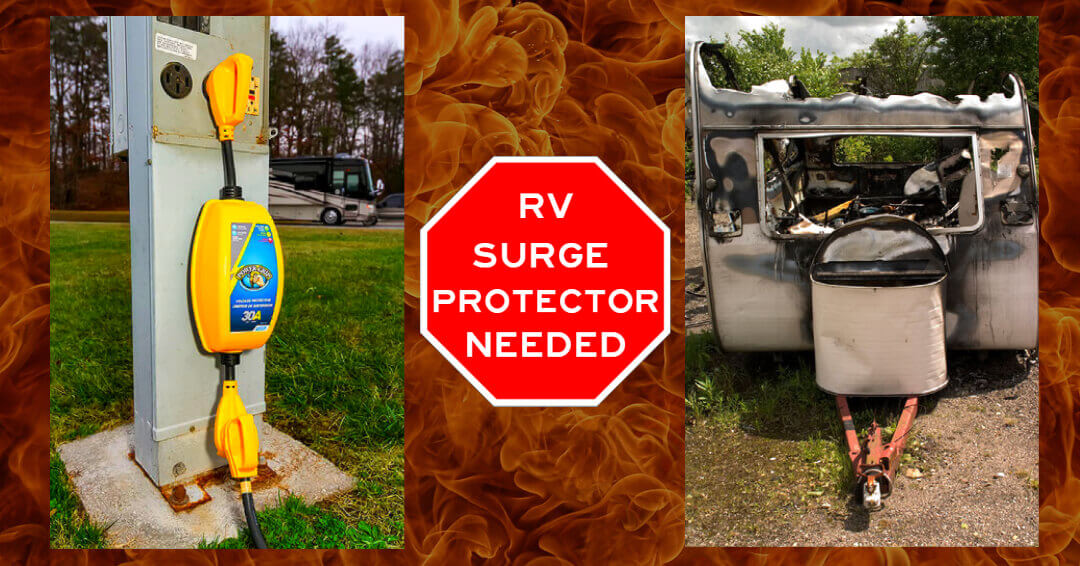- Home Page
- RVing Tips & Tricks
- Rv Safety Devices
5 RV Safety Devices You Should Never Go RVing Without
By Therese Isidoro
These RV safety devices keep you and your family safe while you are on your RVing adventures
RVing is a great activity for adventurers and non-adventurers alike. But no matter how fun it is, like any outdoor endeavor, RVing Does come with some risks
The good news is that there are devices for your RV, which reduce or eliminate those risks.
5 RV Safety Devices You Should Never Go RVing Without
1. First Aid Kit
Accidents and incidents are part of any outdoor trip. So put together a first aid kit that can cater to all your family’s needs. Include all the necessary medical gear and medicine, especially if your companions have special health conditions like asthma or allergies.
2. Toolbox
Unlike traditional camping, RVing involves maintaining the Recreational Vehicle (RV). So, it's vital that you also pack a toolbox. It should contain all the essential tools needed for minor repairs and maintenance of your RV. Of course, you should be familiar with repairing one. This saves you both time and money.
3. Smoke Detector and Fire Extinguisher
One of the major RV safety devices and a legal requirement for owning an RV is having fire safety devices such as a fire extinguisher and a Smoke Detector.
There should be at least three fire extinguishers inside your RV - one in the bedroom, one in the galley, and one in an unlocked compartment outside the RV. Ensure that all your companions have basic training on fire extinguishers and how to use one.
Smoke Detectors are essential safety devices as they'll warn you even when you're extremely busy. They will give you plenty of time to escape and get to safety before the fire gets worse. Never take out your Smoke detector's batteries; turning it off might be a hassle whenever it detects smoke from your cooking, but it'll be worth it.
4. Carbon Monoxide Detector
Most of the appliances in your RV will emit carbon monoxide, a kind of gas that can be fatal when an excessive amount is inhaled. That’s why a carbon monoxide detector is a legally required RV safety device.
5. Backup Power Source
There will be several appliances inside your RV, and they'll all get power from the RV's battery system (house batteries). Unless you have a battery monitor, you won't know when the batteries need changing until they go dead.
If you don't have a generator, you will have to call a tow truck to jump the batteries. And you should have a couple of flashlights and battery-operated lanterns while waiting for a battery jump or for new batteries to be installed.
Or, to avoid all the hassle, you can bring a spare battery.
Good Sam members enjoy instant discounts on fuel. Join Today!
RVing does not only offer the thrill of a unique camping experience; it also has the benefit of forming stronger bonds with your family and friends. Make sure to consider the RV safety devices list above, have proper training, always observe safety precautions, and most importantly, have fun!
About The Author
Therese has been writing for https://www.reloadyourgear.com for a few years. She loves researching and learning new things about survival, and more! She also finds joy in writing about gear for self-defense. Therese believes that a good, compact flashlight is key to many successful (and safe) outdoor adventures!



